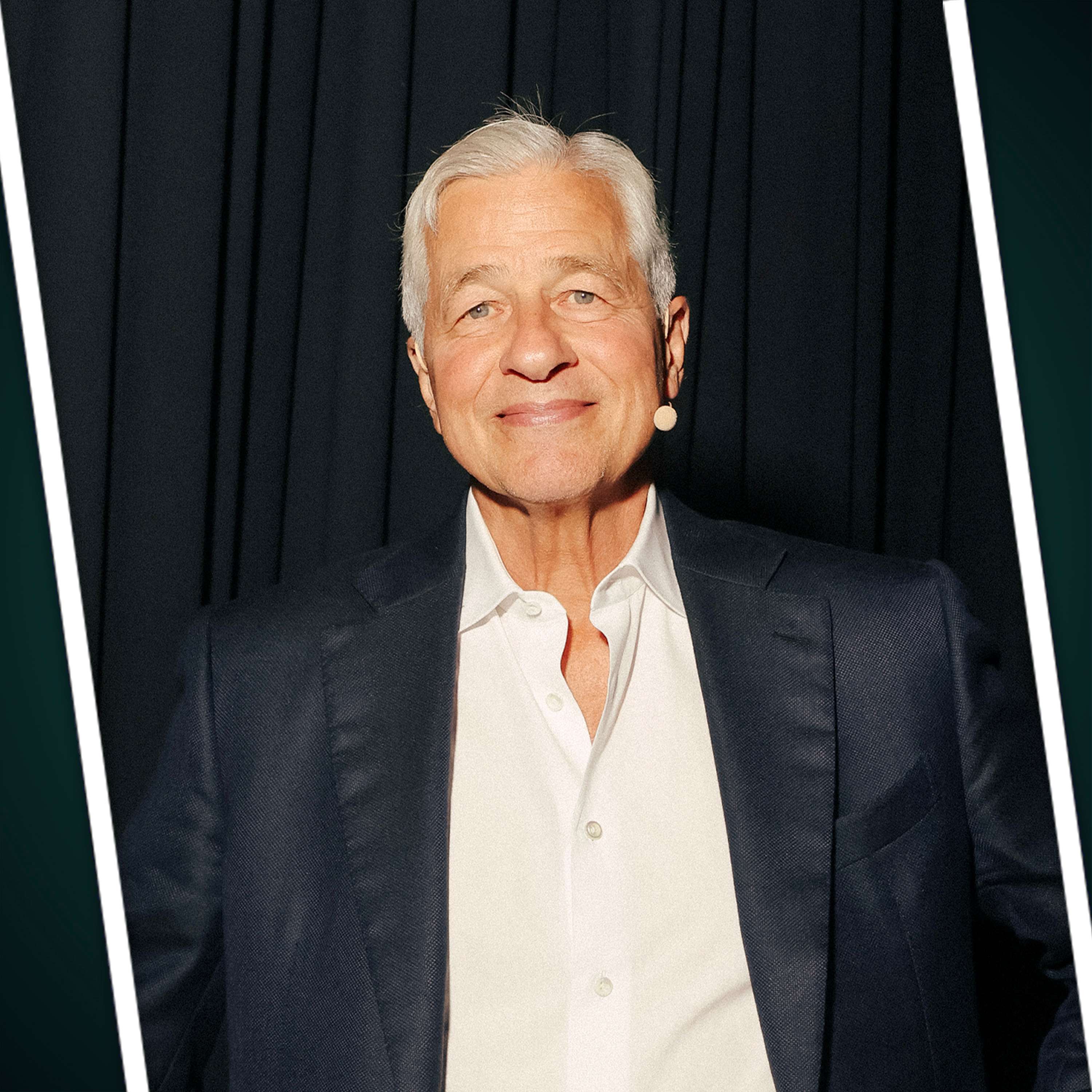Weekly Spotlight #4: AI Savants, Job Security & the Future of Superintelligence
The future feels uncertain, but these conversations offer clarity. This week, we're tracking how intelligence (artificial and human) is reshaping power, leadership, and the way we build.

Eric Schmidt drops a timeline that should make every leader pay attention: digital superintelligence within 10 years. But here's what caught us off guard. The former Google CEO says electricity, not computing power, will be the bottleneck. We're talking 92 gigawatts of new capacity needed just for America's AI revolution. That's 92 nuclear power plants we don't have.
Schmidt's vision is both thrilling and sobering. Imagine having "Einstein and Leonardo da Vinci in your pocket," he says, but then warns about an AI arms race with China that could dwarf the Cold War. His most unsettling insight? These systems will need nuclear-level security because they'll be too powerful to leave unguarded. The man who helped build Google is essentially saying we need "mutual AI malfunction" treaties before we accidentally trigger something we can't control.
For: Leaders trying to understand what happens when artificial intelligence becomes a geopolitical weapon, or anyone who thinks AI is just another tech trend.
Why does everyone feel broke when the economy looks so good on paper? Jamie Dimon has spent decades watching this contradiction play out, and his explanation cuts to the heart of America's current mood.
The JPMorgan CEO walks through the numbers: GDP up, jobs plentiful, stock market soaring. But if you're in the bottom quarter of earners, those statistics are meaningless when you're facing more crime, flat wages, and dying 10 years younger than wealthier Americans. Dimon's diagnosis is refreshingly direct. We've failed at the basics. Immigration is broken, job training doesn't work, and government burns through trillions without accountability.
His most important insight? Trust isn't universally shattered. People still trust their personal doctor, their lawyer, their banker. What's broken is faith in abstract institutions that keep promising results they can't deliver. "People look at what we do in government and say, what did you do with the $5 trillion we gave you?" Dimon observes. It's a question every leader should be asking.
For: Anyone wrestling with why prosperity feels precarious, or executives trying to understand the gap between boardroom optimism and public frustration.

Here's a stat that should make every founder rethink their hiring plans: Dan Shipper runs a 15-person company that built five products and hit seven figures without anyone writing code by hand.
This isn't some distant future scenario. Shipper's engineers spend their days managing AI agents instead of debugging syntax, treating Claude Code like having "15 additional engineers" on staff. They've even created a head of AI operations whose entire job is building prompts and workflows to make everyone more efficient. But Shipper's most contrarian bet? AI might actually bring jobs back to America by making expensive services affordable for small businesses and individuals. Think legal counsel, customer support, specialized consulting.
His "allocation economy" theory suggests we're all about to become managers, orchestrating AI workers instead of doing the work ourselves. It's a fundamentally different way to think about building companies, and Shipper's team is proving it works in real time.
For: Founders who want to see what business looks like when AI handles execution, or anyone building products who's curious about operating at the speed of intelligence rather than implementation.
